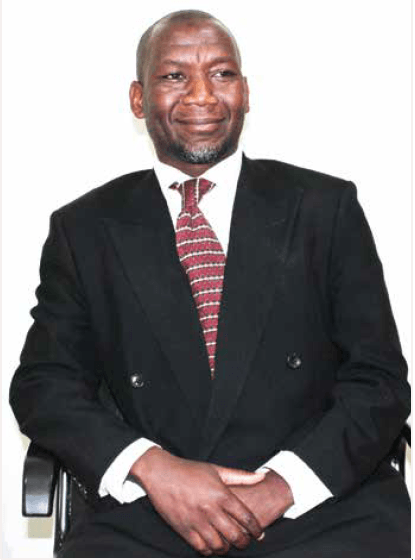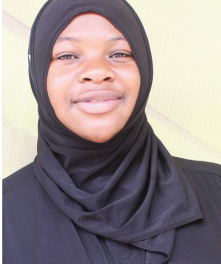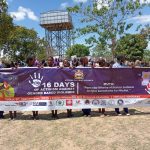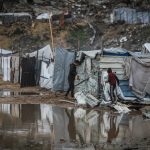
Islam Preaches Against Xenophobia.

The world watches with absolute disbelief as xenophobic violence once again rears its ugly head in the land of the Rainbow Nation. Xenophobic attacks in South Africa displaced thousands of people and killed scores just a few years back. Tens of thousands lost their homes, while mobs raped, robbed and even burnt helpless foreigners to death! Have we not learnt positive lessons from our past?
One of the defining realities of our age is migration. As the world shrinks and economies integrate, national boundaries gradually become extinct. Mass migration has created a battle for scarce resources and jobs. This resulted in the ‘survival of the fittest’ which eventually sparked the xenophobic attacks. Xenophobia is the fear, dislike or contempt of foreigners or of a people significantly different from oneself.
What lessons do we learn from this human tragedy and how do we ensure that it does not repeat itself?
As it is happening in Malawi, the recent post-elections demonstrations which are taking place in the country, analysts have noted that some of the contributing factors to the latest violence in South Africa is as a result of high unemployment and frustration with limited economic opportunities, employment of single tribe or few selected individuals because one belongs to a governing party among others factors.
The following verse of the Noble Qur’an clearly speaks of the social ethics required of believers: “Oh you who believe! Let not a group scoff at another group, it may be that the latter are better thanthe former; nor let (some) women scoff at other women, it may be that the latter are better than the former, nor defame one another, nor insult one another by nicknames. How bad is it, to insult ones brother after having Faith. And whosoever does not repent, then such are indeed wrong doers.”
The Noble Qur’an states: “O You who believe! Indeed, wehave created you from a single male and female and We have made you into nations and tribes so that you know each other. Verily the noblest among you in the sight of Allah is the one who is most deeply conscious of Him. Behold Allah is all knowing, all aware.” (49:13)
We need to begin by acknowledging that the human race stems from a single parenthood. We are all brothers and sisters by virtue of our common parenthood. Race, ethnicity and language are convenient labels of recognition. The Noble Qur’an states: “Oh you who believe! Indeed We have created you from a single male and female and We have made you into nations and tribes so that you know each other…” (49:13)
Humanity is one unit, the family of Allah. Its individuals are members of one society bound together by their common origin, which is so comprehensive that it includes all differences within its oneness. Rasulullah sallallahu alayhi wasallam said
To love your own kind is but natural, but when that love drives you to support your own kind to subvert the truth and
act unjustly it is tantamount to bigotry. Rasulullah sallallahu alayhi wasallam referred to this kind of blind patriotism
in the following words: “He is not of us who advocates the cause of racial discrimination, he is not of us who fights in the cause of racial discrimination and he is not of us who dies in the cause of racial discrimination.” (Abu Dawud)
Among the numerous blessings of Migration, one of the most important was that of ‘Mu‘aakhah’, the creation of brotherhood between the Muhajireen, the emigrants from Makkah and the Ansaar, the helpers of Madinah. Rasulullah sallallahu alayhi wasallam assembled them at the house of Anas radhiyallahu anhu and told them that the Muhajireen had left all their belongings in Makkah and were now penniless and shelter less. The Ansaar willingly agreed to the creation of a relationship of brotherhood between the two groups. Each helper took his migrant brother to his house and gave one-half of his entire property to him. Under the guidance of Prophet Muhammad peace be upon him, these two groups became like blood brothers. While the helpers considered it a privilege and honour to assist their Migrant brothers, the latter did not wish to be a burden on them for long. Very soon, the Migrants through trade, industry and handwork, were able to stand on their own feet.
As Muslims, we need to pioneer change beginning with our own conduct and attitudes.































